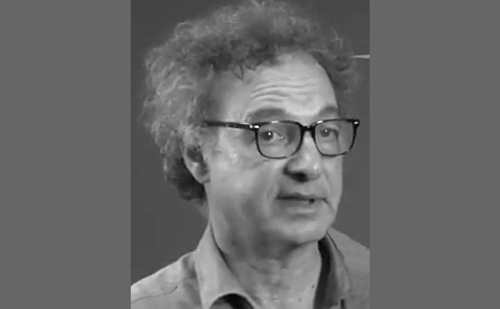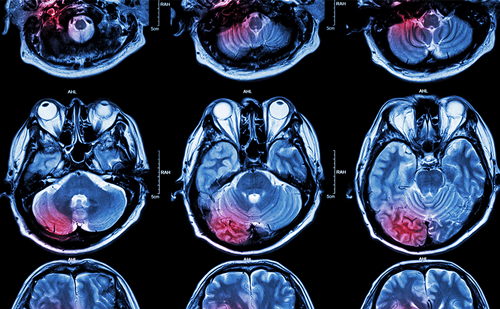Welcome to the spring edition of US Neurology, which features a range of articles that have been chosen for their evaluation of current practices and research that directly affect neurologists and other practitioners involved in the care of patients with neurological illness.
Our expert interviews have become a popular feature of the journal, and this issue features an array. Five expert interviews cover key themes of the annual Alzheimer’s Association International Conference (AAIC), which took place in London, UK in July 2017. In the first, Maria Carrillo, Chief Science Officer of the Alzheimer’s Association, reflects on one of the major themes of the meeting—lifestyle and its potential to reduce the risk of developing dementia in patients with Alzheimer’s disease (AD). In addition, Nenad Bogdanovic discusses the challenges of diagnosing AD and future developments in this active area of research. Martin Farlow gives his perspective on the limitations of past approaches to AD drug development, as well as new therapeutic targets. Anitha Rao discusses the current limitations of standard care for patients with AD and related dementias, as well as the potential of important new technologies such as Neurocern. Finally, Roxana Carare describes the important role of the clearance of interstitial fluid of the brain in the pathogenesis of dementia.
A Centers for Disease Control and Prevention (CDC) study published in August 2017 revealed that more Americans than ever have epilepsy. In an expert interview, Michael Privitera discusses the implications of these findings. Epilepsy also forms the subject of two other interviews, related to presentations at the American Epilepsy Society (AES) annual meeting in December 2017 in Washington DC. Thapanee Somboon discusses the effect of positive airway pressure therapy on seizure control in patients with epilepsy and obstructive sleep apnea; Susanne Mueller discusses the results of a validation study that investigated brainstem changes in focal epilepsy and sudden unexplained death in epilepsy (SUDEP).
Intracerebral hemorrhage (ICH) with intraventricular extension is associated with significant morbidity and mortality. In an editorial, Daniel Hanley et al. discuss the need to intensify therapy to improve outcomes. Also in this issue, David Spence examines the history of the use of B vitamins for stroke prevention and provides recommendations based on current evidence. Vitamin deficiency – in this case vitamin D – has also been implicated in cognitive disorders, including AD, Parkinson’s disease, and vascular dementia, in older adults. Jake Gold et al. review the role of vitamin D in maintaining normal brain functions.
Edaravone significantly slows progression of amyotrophic lateral sclerosis (ALS), and is the first therapy to receive approval by the Food and Drug Administration (FDA) for the disease in 22 years. Beydoun and Rosenfeld describe the clinical development of edaravone underlying this important advance. Finally, we feature an editorial by Mary Rensel discussing the importance of lifestyle factors including nutrition in patients with multiple sclerosis. This is accompanied by four videos featured on our website: www.touchneurology.com/content/neurology-videos
US Neurology would like to thank all expert authors who contributed towards this edition. We are very grateful to our Editorial Board for their constant guidance. Thanks also go to all organizations and media partners for their ongoing support. We hope that you enjoy this issue and find plenty of interest among these topical and insightful articles.













